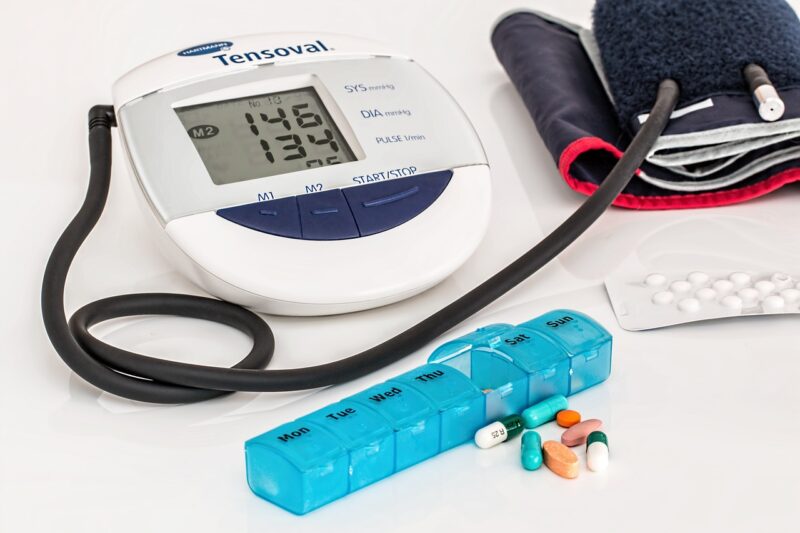
In the world of health and wellness, there’s no shortage of myths and misconceptions. While some myths may seem harmless, others can lead to poor health decisions. Here are 10 common health myths that you need to stop believing, along with the truths behind them.
1. Myth: You Need to Drink 8 Glasses of Water a Day
While hydration is important, the “8 glasses a day” rule isn’t necessarily accurate for everyone. Hydration needs vary based on factors like age, weight, climate, and activity level.
The Truth: Listen to your body and drink when you’re thirsty. Foods with high water content and other beverages also contribute to your daily hydration.
2. Myth: Cracking Your Knuckles Causes Arthritis
This common myth suggests that knuckle cracking leads to arthritis, but there’s no scientific evidence to support this.
The Truth: Cracking your knuckles doesn’t cause arthritis, though it may weaken grip strength over time. The sound comes from gas bubbles popping in the joints.
3. Myth: All Fats Are Bad for You
Not all fats are created equal. While trans fats are harmful, healthy fats like omega-3 and monounsaturated fats are essential for brain and heart health.
The Truth: Incorporate healthy fats from sources like avocados, nuts, and olive oil into your diet. They support heart health and help your body absorb nutrients.
4. Myth: You Can Catch a Cold by Going Outside with Wet Hair
Colds are caused by viruses, not by being cold or having wet hair. However, lower temperatures may weaken the immune system slightly, making you more susceptible to germs.
The Truth: Cold viruses spread through contact with infected people or surfaces, not from exposure to chilly weather or wet hair.
5. Myth: Detox Diets Cleanse Your Body
Detox diets and cleanses are marketed as ways to eliminate toxins, but the body already has a natural detox system in place—the liver and kidneys.
The Truth: Eating a balanced diet supports your body’s natural detoxification processes. Fad detox diets aren’t necessary and may even be harmful.
6. Myth: You Need to Exercise for an Hour Every Day
While regular exercise is crucial for health, you don’t need to work out for a full hour daily. Shorter, more intense workouts can also be effective.
The Truth: Aim for at least 150 minutes of moderate or 75 minutes of intense activity per week. Even small, daily movements contribute to your overall fitness.
7. Myth: Breakfast Is the Most Important Meal of the Day
Breakfast is often touted as essential, but it’s not necessary for everyone. The key is to listen to your body and eat when you’re hungry.
The Truth: Eating when you’re truly hungry is more important than following specific meal times. Intermittent fasting can work well for some individuals.
8. Myth: Sugar Causes Hyperactivity in Children
Despite popular belief, scientific studies have not found a direct link between sugar and hyperactivity in children. Other factors, like environment, are more likely to influence behavior.
The Truth: Sugar can lead to energy spikes and crashes, but it doesn’t cause hyperactivity. Maintain a balanced diet for stable energy levels.
9. Myth: You Should Avoid All Carbs to Lose Weight
Carbohydrates are a primary source of energy, and not all carbs are harmful. Complex carbs like whole grains and vegetables are nutrient-dense and beneficial for health.
The Truth: Instead of cutting carbs entirely, focus on complex carbs that provide fiber, vitamins, and minerals. Avoid refined sugars and processed carbs for weight management.
10. Myth: Eating Late at Night Causes Weight Gain
Weight gain is more about total calorie intake than the time you eat. Eating late at night isn’t inherently fattening, but mindless snacking can lead to excess calories.
The Truth: Pay attention to portion sizes and overall diet quality, regardless of when you eat. Eating balanced meals throughout the day can prevent late-night cravings.
Conclusion
Understanding the truth behind these common health myths can help you make informed decisions about your wellness. Rather than relying on outdated beliefs, focus on evidence-based practices to support your health and well-being.







